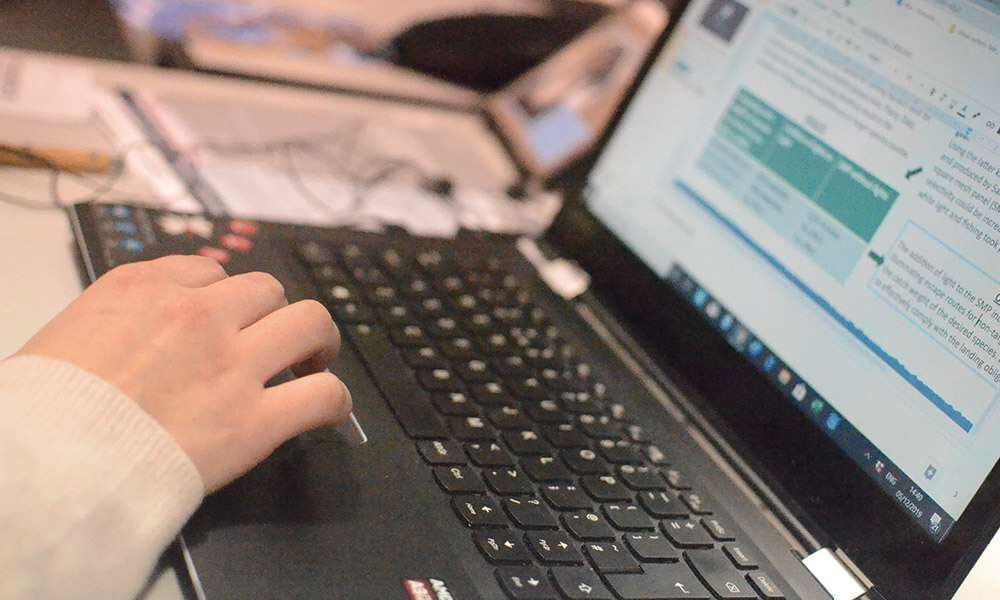
Hi Jasmine, thanks for talking to me today and welcome! We’re really pleased to have you here. Can you tell us a bit about yourself and what you are working on here at SafetyNet Technologies (SNTech)?
Hi, my name is Jasmine Sommerville, and I just started at SNTech about a month ago. I’m helping to validate the current LED lighting technology being used by SNTech in their new product, PISCES. I’m currently studying how fish react to light.
Tell me more about Pisces. What is it, and how does it work?
Species of fish react to different types and colours of light. They might have varying preferences depending on where they live in the water column, or depending on geographical locations. It’s all to do with how they have adapted to their environment. I am working on how the fish behave in response to light. The PISCES technology has been developed to emit light, so it’s a device that fishers can attach to their fishing gear, which can then repel bycatch species and attract the right species; the stocks that are plentiful. By doing this, we are significantly reducing bycatch and increasing the target capture.
Can you tell us a bit about your background?
In terms of my background, I have previously worked in animal systems and behaviour, applying them to conservation issues, or to try and solve a conservation problem. In the past, I’ve done this with transgenic insects, and tried to improve biological pest control, and I’ve also worked on seabirds and their vision, and how they perceive colour in the environment.
Now, I’ve moved onto fish! It’s a completely new industry for me, and it involves applying what I have done previously to the marine environment.
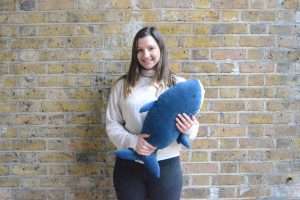
Why is it important that we work on this technology, and what does it mean for the future of fishing?
The technology SNTech are producing – it works! It helps reduce bycatch significantly, and with the new landing obligations coming in, it’s going to help fishers and the fishing industry more widely to work sustainably, which means we can continue to feed people in the long term. We all want a sustainable source of protein and secure food futures, and through understanding how fish behave in response to light, we can have a significant impact on reducing overfishing of the wrong species, and move towards a more sustainable fishing future. By reducing bycatch and increasing target capture of the right fish, we are maintaining biodiversity of species in the marine environment, and also helping to sustain livelihoods for fishers, because they’re then bringing back the correct fish.
Can you talk me through a typical day at SNTech?
It varies so much! At the moment I’m creating a library of how fish have been found to react to light, helping to coordinate that so that people can easily see how each fish reacts to light, whether they are attracted or repelled. We can then use that to optimise or validate our technology for different suppliers, depending on which fish they have.
Yesterday, I was working on a scientific case study, condensing all the information from a trial we ran with one of our partners. I’m making this information accessible in a one-page document so that any potential suppliers can easily understand how the technology works, and see how it will benefit their business. They can see problems, outcomes and solutions really clearly, and read about how our we work around issues, and actually the scientific research we’ve done has shown that it works. We get rid of all the scientific jargon, which is great!
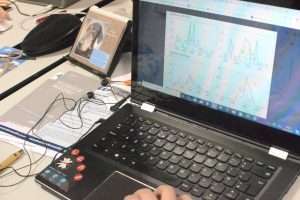
What is the best thing about working at SNTech?
The people! Everyone is so lovely, we are all from different backgrounds, we also do “lunch and learn” sessions – there is always something going on. You’re always interacting with everyone in the office, it’s not segregated at all. It’s a really lovely environment.
What’s your plan for after you finish your PhD?
I want to look for a role in the fisheries industry, helping to apply the scientific knowledge to optimise technology to help sustainable fisheries. I love understanding animal behaviour to shape or improve an environmental issue.
If you work in the fishing industry and are interested in finding out more about how our products can support your business, project or research contact us: enquiries@sntech.co.uk and we’ll be more than happy to help.




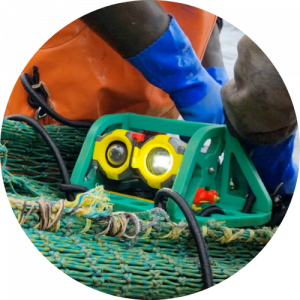
Enter this giveaway for the chance to try an underwater camera on your fishing vessel, with the help of a SafetyNet Technologies expert.